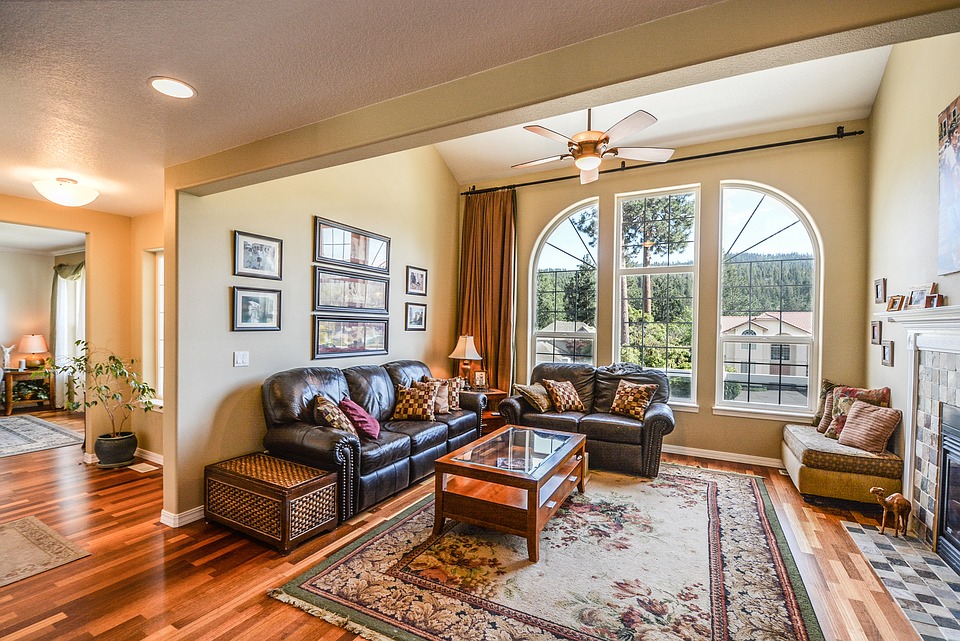10 Tips For Buying a Rural Property

So you’re considering buying property somewhere out in the country. Maybe you work remotely and can live anywhere you like, so you want to give up the hustle and bustle of city life for a calmer setting. Or maybe you’re attracted to the lower land prices in rural areas.
Whatever the case may be, buying rural property is different than buying in the suburbs or the city. Here are ten tips to help you in the process of buying a country home:
1. Hire a real estate agent with experience buying rural homes
The first step is to partner with a real estate agent who is familiar with buying rural homes. They’ll know what to look for and can help you find the best deal.
Choose an agent that is local, too, as they’ll know the area better than one who isn’t.
2. Determine if it’s better to buy an existing property or build
Generally, it’s more expensive to build a property from scratch than to buy an existing one. But you may have less selection of existing homes in the country.
At the same time, there may be fewer building options since only a few developers offer construction in the country.
Research what options exist where you’re looking to buy and choose the best one for your needs.
3. Understand the local zoning laws and covenants
Just because the area is rural doesn’t mean there aren’t any housing regulations or restrictions.
Do your due diligence to make sure you don’t buy property only to realize you can’t use it how you had planned. This is especially important if you intend to subdivide the property or rent it out.
4. Decide whether it will be an investment property or not
Speaking of rental property, it’s important to decide how you intend to use the property. Do you want to live in it? Or do you prefer to turn it into an investment property that will generate rental income?
It may be harder to find renters out in the country, but there is still likely some rental demand and you may face less competition.
If you’re not interested in managing the rental property yourself, consider hiring a reputable property manager.
5. Get a thorough home inspection
One of the number one rules of buying rural property is to never buy a house unseen.
You never know what kind of structural damage it may have that isn’t visible on listing photos or that the owner didn’t mention. So get a thorough home inspection before closing any deal.
Check the utilities, including septic systems, well water systems, oil heating systems, and propane heating systems. Test the water for bacteria, sediment, and other toxic chemicals to ensure it won’t cause any health issues.
You may also want to check the property’s surroundings. In the country especially, there may be limiting environmental factors that you should know. For example, if there are endangered species in the area, you may be restricted from clearing timber or building additional structures.
6. Verify available services
On a similar note, always check to see what services are available in the area. These include internet, phone service, and other utilities.
You may also want to consider getting a backup power generator just in case the electricity ever goes out. For example, if a storm knocks down the power lines, the generator can kick in until the electricity is restored.
7. Think about rural homeowner responsibilities
When you live out in the country, you may have more homeowner responsibilities than you normally would.
For example, you may be responsible for maintaining the roads and taking your trash to a dump. You may even have to use a P.O. box to get your mail. These are all adjustments you need to be aware of before closing the deal.
8. Know what’s included in the sale
When you buy a rural property, sometimes it’s not clear what all is included in the sale. Are you getting the shed, the fences, the gate, and so on?
Find out so that you know exactly what you’re getting. Then set a realistic budget for anything you will have to provide yourself (e.g. renovations and additions).
9. Look into tax breaks
Your rural property may be eligible for agricultural tax exemptions.
According to Forbes, “all 50 states give preferential property tax rates to agricultural land in an effort to help farmers and/or fight urban sprawl.”
Find out if your rural property offers any tax breaks and factor that into your budget, too.
10. Compare rural property financing options
Lastly, you may have more financing options when buying property in a rural area.
For example, the U.S. Department of Agriculture (USDA) offers property loans that require zero down payment and attractive interest rates. To be eligible, the property must be located in a rural area and owner-occupied. You must also make below 115% of the median income level in the area and have a credit score of at least 640.
Check out the USDA website to learn more.
Final advice
Buying a rural property can be a great way to get into your first home or start your real estate investing career. Whatever your goals, make sure to do your due diligence so that you can go into your rural home purchase with confidence.
